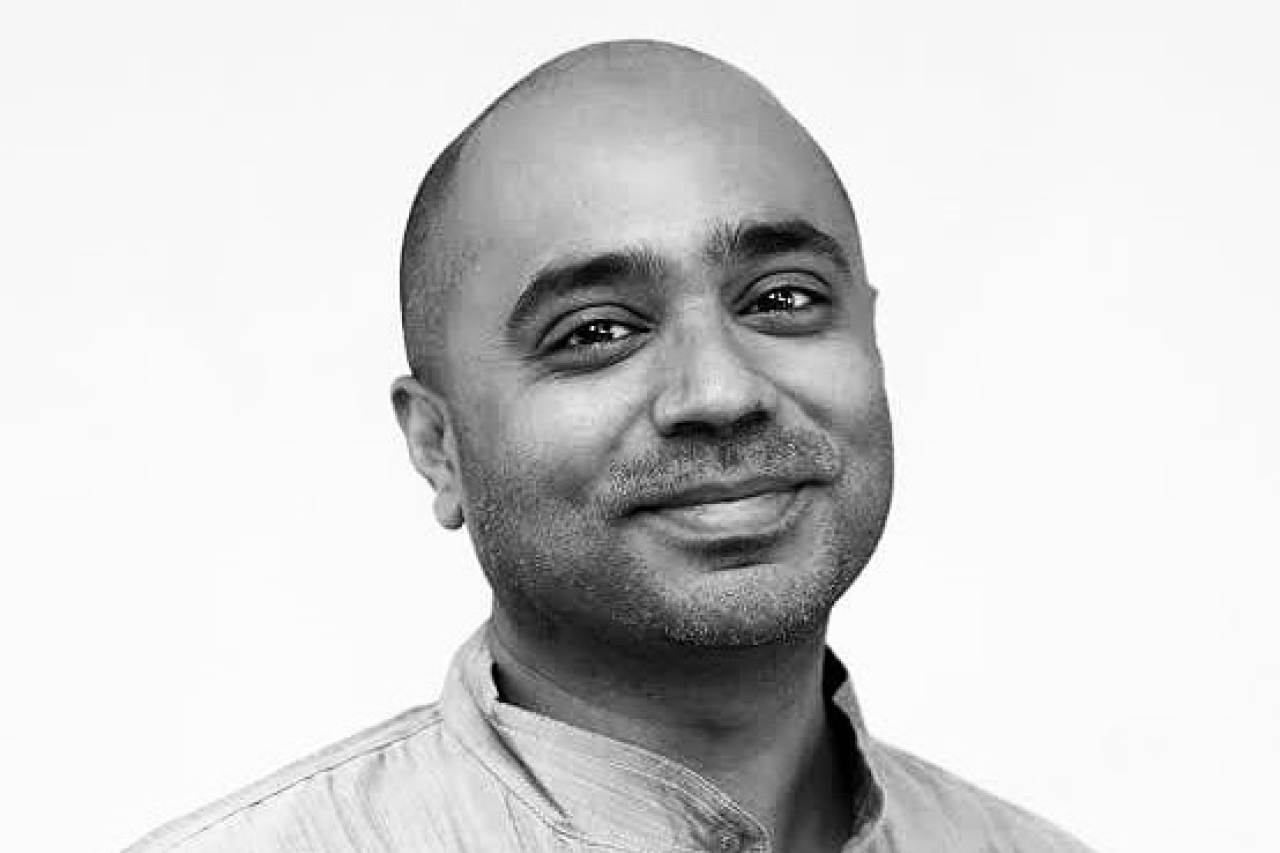The exercise of free speech in India is never without consequences. Writer, blogger, and defence analyst Abhijit Iyer-Mitra is the latest victim of British-era colonial laws that are frequently invoked to choke free speech and silence free voices in India. Abhijit is facing state-sponsored persecution for commenting on Odisha’s Konark Sun Temple recently, and on whether rosogolla, a popular sweet, owes its origin to Odisha or West Bengal, a year ago, on Twitter. Abhijit’s comments were humorous and satirical; they were neither malicious nor intended to defame anybody. They definitely did not merit police intervention and prosecution under some of the most punitive and obnoxious sections of the Indian Penal Code.
Yet he was arrested on Tuesday, 23 October, in Bhubaneswar soon after he apologised to the Odisha Legislative Assembly for adverse comments he had made against legislators protesting his tweet on Konark Sun Temple. The police arrested him on the basis of the complaint lodged against him for his year-old tweets on rosogolla’s origin. The local magistrate’s court refused him bail. He was sent to judicial custody for 14 days. Earlier, when Abhijit had approached the Supreme Court for relief, he was denied bail and told jail was the “safest place” for him. Offenders who pose a severe threat to India’s national security and integrity, or are accused of committing massive financial crimes, have been treated with greater kindness and dignity.

Defence Expert Abhijit Iyer-Mitra. (Kanchan Gupta/Facebook)
Every Indian who believes in the freedom of expression, liberty, and democracy should feel alarmed and terrified by the rapidly shrinking space for free speech in India. British-era colonial laws, which are no longer in practice in Britain, continue to be on the statute books of India more than seven decades after independence. The world’s largest democracy continues to fail the litmus test of freedom by denying its citizens the right to unrestricted free speech. Abhijit’s arrest is a harsh reminder that ‘reasonable restrictions’ on free speech, enforced with the help of absurd, freedom-asphyxiating laws that were devised for an oppressive colonial state, is an infringement of what is an inalienable right and curtailment of liberty in a democracy.
Worse, the very existence of these laws and their motivated abuse has emboldened the state to frame new draconian laws like Punjab’s anti-blasphemy law. India is fast beginning to resemble those very countries, theocracies, and tinpot dictatorships that we claim to abhor. Citizens have been arrested and prosecuted for expressing their views on religion, religious leaders, politics, political leaders, for unflattering cartoons, videos, and photographs. Books have been banned, films have been censored, and independent media has been whipped into submission. Occasional transgressions by the state at the prompting of the easily offended have now become a routine affair. The executive, the legislature, the judiciary, the cynical political class and, ever so sadly, many among civil society have been found to be complicit in this erosion of rights and liberties. A darkness looms large.
If we who believe in the freedom of expression do not stand up and actively assert our support for Abhijit, we will be guilty of silently capitulating to laws that are inimical to liberty, without which democracy is, and shall remain, incomplete in India. It is risible that a citizen can be arrested and prosecuted by the state for satire and humour. But the very fact that this happens, has happened, and, unless stopped, shall happen again, should make us extremely fearful—for ourselves, for others—and deeply concerned—for our democracy, for our nation.
I appeal to Chief Minister Naveen Patnaik to disallow this gross abuse of law to punish a person for exercising his right to free speech. Even if Abhijit’s banter on Twitter were to be deemed as politically incorrect, it is outrageously repugnant that he should have to face politically motivated prosecution. As a liberal who is known to value the freedom of expression and champion the fundamental principles of democracy, Naveen Babu must intervene so that Abhijit is not subjected to continued harassment, incarceration, and worse. Surely he agrees that sending a citizen to jail for indulging in satire and humour is patently unacceptable? It makes a mockery of the enlightened classical liberal values Naveen Babu has professed all his life, as did his father, Biju Patnaik.
I also appeal to all writers, journalists, bloggers, and commentators across platforms and ideological divides, who cherish freedom of thought and speech, to speak up for Abhijit and call for his immediate release from jail. He is not a criminal or a wanton law-breaker. He is not a threat to either society or state. At the very least, he is entitled to bail.
I reiterate my unambiguous support for Abhijit. As a free speech absolutist, I find his incarceration an abominable assault on freedom and a denial of liberty. Democracy has once again been wounded by Abhijit’s arrest. This wound, and numerous other similar wounds, cannot, and must not, be allowed to fester. Our Republic cannot, and must not, be allowed to be held captive to the caprices of those easily offended by freedom.
Fight for Abhijit. Fight for liberty.
[Writes: Kanchan Gupta Journalist Abhijit Iyer-Mitra has been languising in jail for over 9 days now. Please speak out and sign this petition: https://www.change.org/p/satpathylive-odisha-government-freedom-of-speech]






Be the first to comment on "Why I Support Abhijit Iyer-Mitra, And Why You Should, Too"